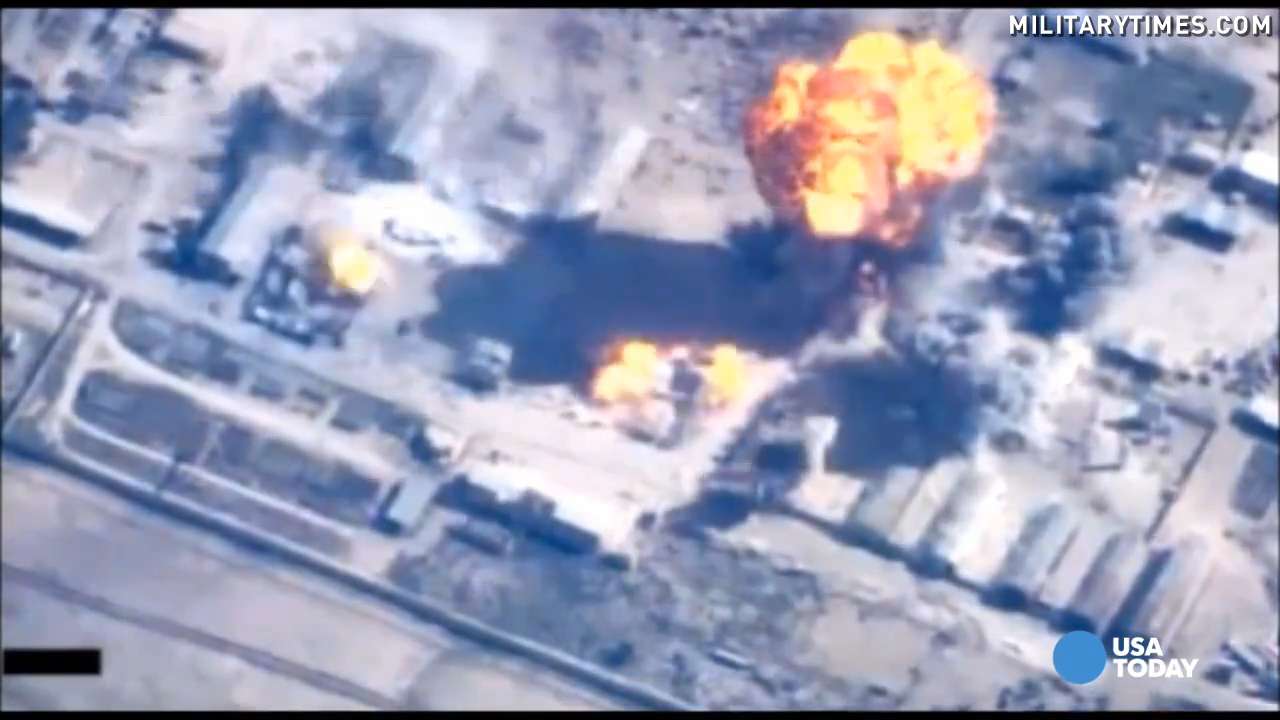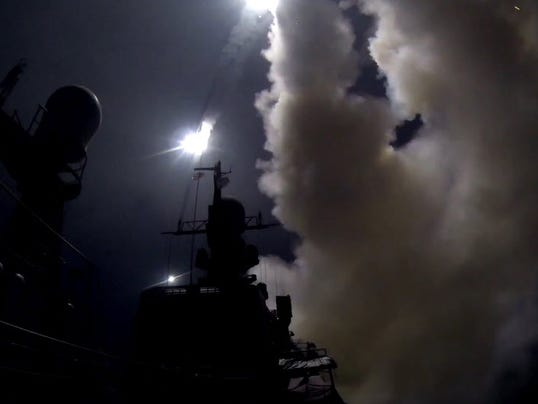Russia's Cross-Agenda
"[Russia's actions in Syria and its violations of Turkey's airspace carry the] risk of miscalculations. We are in constant dialogue and assessing the situation with Turkey, but the main thing is we have a duty to reinforce [support of NATO member-states]."
"We don’t have to deploy the NATO response force or the spearhead force to deliver deterrence. The important thing is that any adversary of NATO will know that we are able to deploy."
Secretary General Jens Stoltenberg, North Atlantic Treaty Organization
"We can't accept the existing situation. If necessary, Turkey can obtain gas from very different places. Russia should think well."
Turkish President Recep Tayyip Erdogan
"If extremist forces manage to get a hold in the Caucasus this infection may spread up the Volga River, spread to other republics, and we either face the full Islamization of Russia, or we will have to agree to Russia's division into several independent states."
Russian President Vladimir Putin
"Russia has created a Frankenstein in the region which it will not be able to control. “With the call to jihad things will change. Everyone will go to fight. Even Muslims who sit in bars. There are 1.5 billion Muslims. Imagine what will happen if 1% of them join."
Senior Qatari source

Russia has decided to make a huge investment in Syria. The Federation has already invested enormously in upgrading its military and its weapons systems. Its decision to respond to the joint Syrian-Iranian request to become actively involved in Syria's existential war with Sunni Islam and in particular the Sunni Syrian rebels who comprise 70% of Syria's population is simply an expression of loyalty to a long-time friendly state in the Middle East whose deep-sea port is of inestimable value to the Russian naval fleet.
Russia means business, and at the same time has given herself the splendid opportunity to try out its spanking new cruise missile system in a real-time conflict situation. While Mr. Stoltenberg calls on the Kremlin to focus on ISIL in its clash with Sunni groups, the Russian military is engrossed in its latest Vladimir Putin-directed assignment. From consolidating Russia's hegemony over eastern Ukraine to rendering significant assistance to an ally in the Middle East.
The Defence Ministry in Moscow released a video demonstrating a Russian naval strike group with missiles launched the immense distance from the Caspian Sea to streak across the night sky, tracing a trajectory across Iran and Iraq, a mere 50 metres above ground, to finally hit Syrian targets in a range of accuracy of a significant three metres. Targeting Syrian rebels, not Islamist terrorists, the former a concern of Bashar al-Assad, the latter, not so much at the present time.
 |
Image
shows a Russian warship in the Caspian Sea launching missiles at
Islamic State targets in Syria. Photo is from Oct. 7 and was supplied by
the Russian Defense Ministry. (Photo: EPA)
|
The U.S. and regional nations have been urged by President Putin to form a coalition with him, with Iran and with Hezbollah and the Shiite groups under the auspices of the Iranian Republic to cleanse the geography of terrorists. Clearly, Vladimir Putin has viewed with alarm the collapse of Syrian unity resulting in the regime controlling the capital and a narrow crescent, the rest divided by territory held by Islamic State, al-Qaeda-linked groups like al-Nusra, and the rebel militias; an eviscerated country.
The slightest possibility that Islamist jihadists whom the Russian Federation has had ample experience in the past battling, might gain a foothold at Russia's border, then begin its steady infiltration to gain control of any part of Russia's geography represents a grim reality, to Mr. Putin. One he is intent on avoiding at all costs. Even if that cost comes at Turkey turning away from its major trading partner.
Viewing Russia's military buildup and smarting over Russia's violation of its airspace and the threat implicit in Russian pilots locking onto Turkish planes, President Erdogan warned a Russia whose economy needs no further hits that trade ties could suffer. Billions of dollars could be at stake in Russian involvement in the construction of Turkey's $20-billion nuclear plant. Erdogan warned that Turkey could look elsewhere for its gas supply.
As for the West any time soon deciding to swallow its pride and throw in its lot in a collaboration with Russia in striking against Islamic State; not too likely. American Defense Secretary Ashton Carter firmly swept aside any naive notion on Mr. Putin's part that such an alliance is possible at this time [bearing in mind the Obama administration's famous vacillation habit]: "We have not and will not agree to co-operate with Russia as long as they continue to pursue this misguided strategy", he said to the NATO defense chiefs meeting in Brussels.
"This will have consequences for Russia itself", predicted Mr. Carter alluding to Moscow's support for President Assad's continuing to assert himself against his Sunni civilian population by smashing all hope they may entertain that Syria is their country as well as that of the Alawite Shiite minority's. "I also expect that in the coming days the Russians will begin to suffer casualties in Syria", he warned in a statement that must be for him rife with anticipatory satisfaction.
"We’ve seen increasingly unprofessional behaviour from Russian forces. They violated Turkish airspace ... They shot cruise missiles from the Caspian Sea without warning."
Labels: Conflict, Iran, Islamists, NATO, Russia, Shiite, Sunni, Syria

<< Home